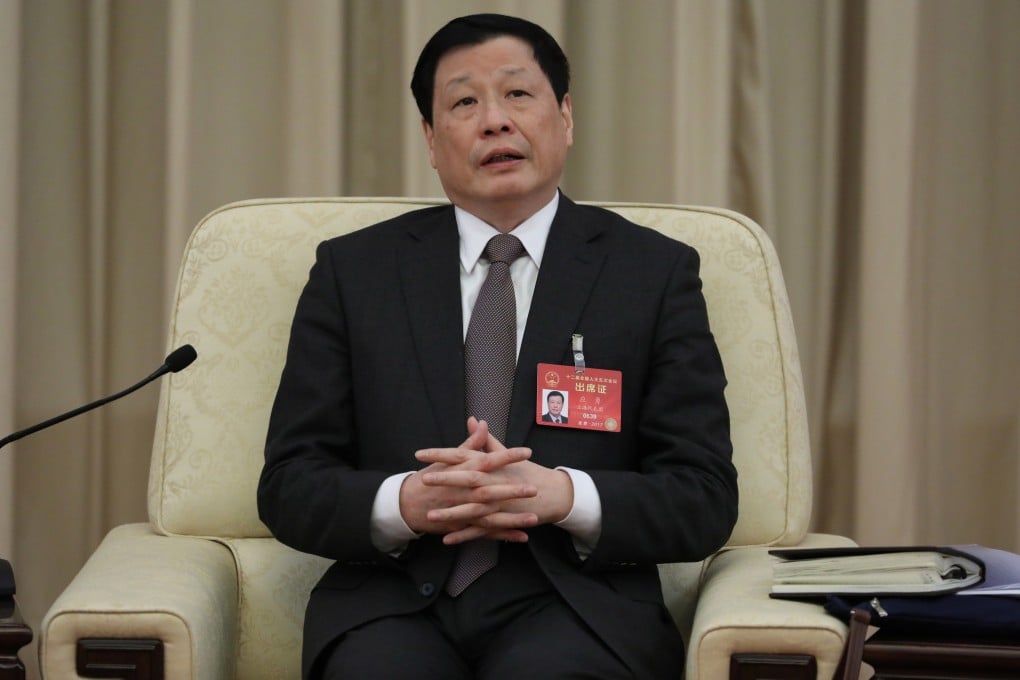Chinese Communist Party chief in Hubei steps down after leading Covid-19 battle
- Ying Yong will reach the standard retirement age this year and leaves his position months before a major leadership shake-up
- Ying, a Xi Jinping loyalist, had previously been tipped for higher roles

The Chinese official who was appointed to the top job in Hubei province at the height of the Covid-19 outbreak in the province is retiring.
On Tuesday the state news agency Xinhua reported that Ying Yong had left his post as provincial party secretary “due to his age”. Ying, a Xi Jinping loyalist, turns 65, the usual retirement age for provincial officials, later this year.
The announcement comes months ahead of the Communist Party congress, which is expected to see a major leadership shake-up while Xi is given another five years as the party’s general secretary.
Gu Su, a political scientist at Nanjing University, said Ying’s retirement came as a surprise to many as he had long been regarded as a potential candidate for higher positions and had worked with Xi in Zhejiang province.
“With his law enforcement background, track record of containing the first major Covid-19 outbreak in 2020 and trust from the top, many said he is heading to a higher position in law enforcement,” Gu said.